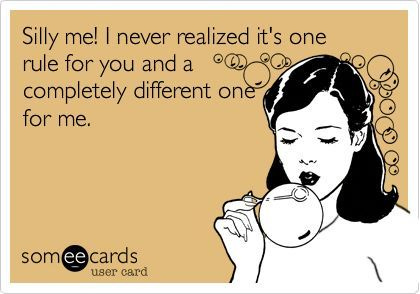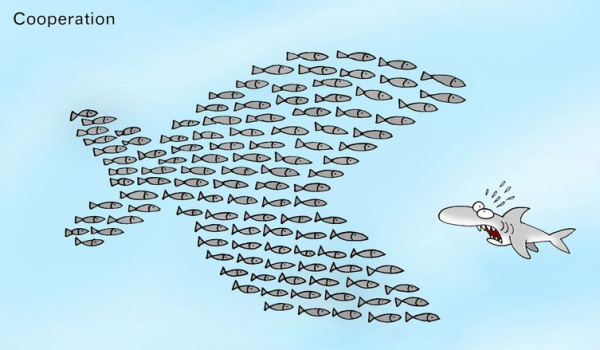We're tired of seeing all the zombies out on social media. Easy to critique and judge others about what is right or wrong. Virtue signaling. We are systematically categorizing other people's actions as good and bad.
In this week's podcast, we want to know if you know WHY you believe the things that you do? Are your decisions truly your own?
Are you strong enough to tune out the outside world?
iTunes- Spotify - Download here

Most of us don't have our own PERSONAL MORAL PHILOSOPHY.
Growing up, we've all adopted certain beliefs and frameworks. They were easily defined for us. We followed the rules that emerged. Whether it's taught to us by our parents, school, religion, or political party.
Often we follow these rules defined by others on what is "right." Because we want to be "good."
Still, we find that we don't always agree with the boxes. These mental guideline traps that have we're taught. We see an internal disagreement with our old belief system. Anxiety because of these limitations. We complain about the way the world is.
As we get older, we may struggle with these codes, or what these groups have told us to believe. We haven't dissolved the delusion.
We find an agitation when it is not aligned with our own beliefs. This is because we haven't mapped out our own moral compass. We have not taken the time to develop our own code of behavior. Our personal guide and hierarchy of principles to live our life by. So often, we may find ourselves frustrated, or lack of control of our life even if we did everything that is "right."
What you do should not affect others, and you shouldn't let what others do affect you.
Developing your own personal moral philosophy is developing trust in your consciousness.
Now more than ever, the world needs more independent thinkers. People who aren't swayed by the convictions and words of others. Individuals who can lead and stand on their own because they hold this sense of self-assured clarity about their opinions.
Now ⅓ of millennials aren't affiliated with a religion. We've wiped out the old ideologies but haven't replaced it with another. Many people follow these loosely defined moral guidelines, guessing what the right thing is—leaving us with a generation of MORAL RELATIVISM.
In this week's podcast, Matthew and I discuss what moral philosophy is, and steps to start developing your own. Rate and share it wherever you listen to your podcasts.
Most philosophies fit into three categories
Virtue
Utilitarianism
Hedonism
The result? People with a strong moral philosophy are leaders. They often end up happier, feel more in control of their own life, and less frustrated. They actively take steps to get their own freedom. (Because the government can't do it for you.)
By being your own rock, relying on your own merit. Your decisions will be aligned with your own virtues. That constant awareness of your principles to judge each situation for yourself.
You won't need to seek confirmation of what to do. You can look for more beyond these groups, and you don't have to limit yourself to their direction.
Books discussed in the podcast:
How I Found Freedom in an Unfree World - by Harry Browne

Image: Morality as Cooperation



